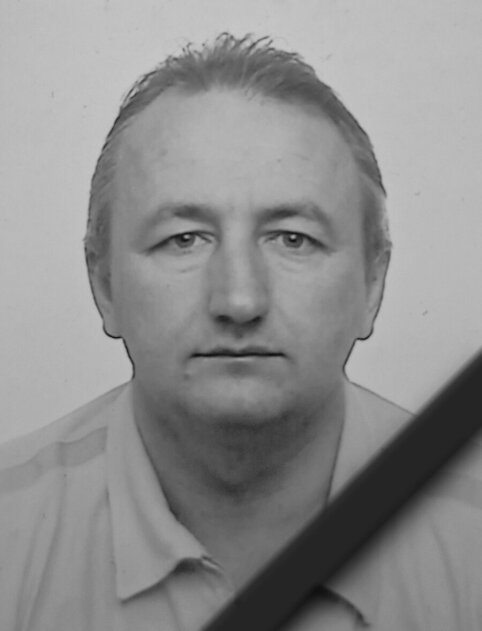
Less than 35 days left until the 2018 World Cup, and Russia is getting ready for a month-long football fiesta. The country's authorities announce that the strictest restrictions will be imposed in all cities hosting the tournament – one of them being the requirement of fire safety. Russian citizens are not only advised not to burn bonfires but also not to attempt barbecuing as fines could reach up to 6666 euros, according to lrytas.lt.
The requirement to adhere to all fire safety requirements in the regions was sent out by the Russian Ministry of Emergency Situations. Particularly strict fire safety measures will be enforced from June 14th to July 15th during the tournament.
It is stated that in all cities hosting the tournament – Moscow, St. Petersburg, Kaliningrad, Nizhny Novgorod, Sochi, Kazan, Volgograd, Yekaterinburg, Samara, Saransk, Rostov-on-Don – and their surrounding areas, it will be prohibited to create any fires in any location, let alone burn grass.
According to government requirements, it will not be allowed to create bonfires, grills, or barbecues. Cooking any food over charcoal is forbidden.
The leadership of Nizhny Novgorod, where the World Cup matches will take place, has already confirmed the enforcement of the ban, and violators receive significant fines by Russian standards.
According to izvestija.ru, regular citizens caught making bonfires or barbecuing in designated facilities face fines ranging from 2 to 5 thousand rubles (26 to 66 euros), public servants from 15 to 40 thousand rubles (200 to 533 euros), and legal entities from 200 to 500 thousand rubles (2666 to 6666 euros).
During the World Cup, all residents will be required to quickly dispose of their garbage to prevent fires, and from June to July, volunteers capable of taking on firefighters' duties will patrol the cities.
However, the head of the law firm "Starinskis, Korchiago and partners," Vladimir Starinskis, argues that such a ban is futile, as people will still barbecue in nature regardless.
"It's impossible that on a beautiful day, you could forbid people from preparing something tasty in nature. This is an unenforceable requirement even if the fines are severe," said the lawyer.
lrytas.lt























